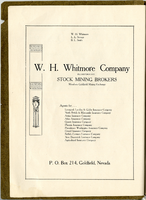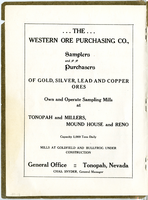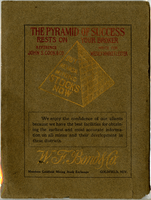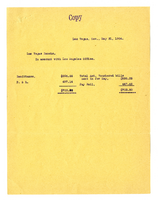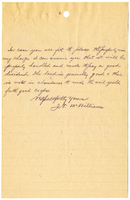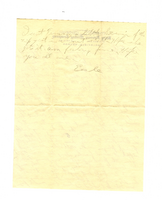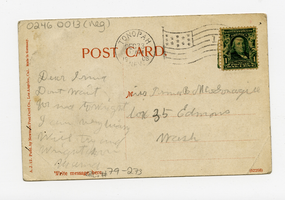Search the Special Collections and Archives Portal
Search Results
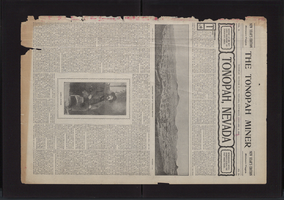
Newspaper, The Tonopah Miner, January 2, 1904
Date
1904-01-02
Description
History of findings at Tonopah and early growth of town and mines, Jim Butler, T.L. Oddie, Wilse Brougher.
Text
Pagination
Refine my results
Content Type
Creator or Contributor
Subject
Archival Collection
Digital Project
Resource Type
Year
Material Type
Place
Language
Records Classification

